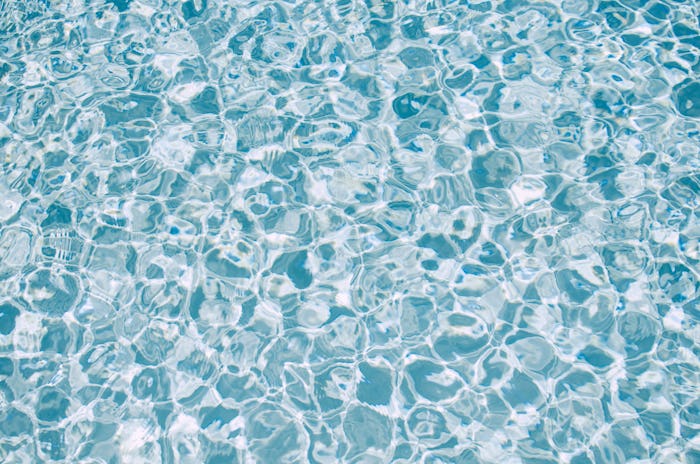It’s a terrifying thought: your kid has been out of the water for hours, but he may still be susceptible to drowning. It is a rare but unsettling possibility known as dry drowning. Many may wonder what causes this strange condition, and how can you prevent dry drowning?
According to WebMD, dry drowning occurs when a person breathes in water, which then causes their vocal chords to become irritated and close up. Breathing may become very difficult for the individual. In addition, this reaction can occur hours after the person has left the water, making dry drowning all the more confusing and frightening.
Although dry drowning may occur in adults, young children are especially susceptible to the condition. Overall, drowning in any form is a significant risk to young children. According to the Centers for Disease Control and Prevention, children ages 1 to 4 have the highest rates of drowning, and it is responsible for more deaths to this age group than any other cause (aside from birth defects).
Fortunately, parents have many options for protecting their children from this occurrence. First, knowing the signs of dry drowning is essential. In general, these include breathing trouble, coughing, or extreme fatigue after playing in the water, as explained by Parents. Next, it's a good idea to keep in mind that real-life drownings are often not accompanied by dramatic yells and screams. As explained on Slate, real drownings may be deceptively quiet and fast; sometimes adults can watch a child drown and have no idea what is actually occurring. Lastly, any time your child needs to be rescued from a body of water, he may be at risk for dry drowning.
If you are even slightly worried about this possibility, keep a close eye on your kid for the next few hours, and don't hesitate to visit a doctor or hospital for a check-up. “Every child who has fallen into the water or experienced a near-drowning should be taken to the emergency room immediately,” pediatrician Purva Grover, medical director of Cleveland Clinic’s Children’s Pediatric Emergency Departments wrote on the site.
Of course, the best way to deal with dry drowning is to prevent it from occurring in the first place. As explained by the Huffington Post, there are many things parents can do to prevent dry drowning. These include monitoring children when they are near the water, enrolling kids in swimm lessons, and watching for signs of drowning.
To be extra-safe, as further explained in the Huffington Post, parents can make sure each child has a designated adult responsible for his whereabouts at all times during a trip to the pool or beach. Anyone who has been in the company of a toddler for a few hours knows they have the superhuman ability to slip away at a moment's notice. Overall, the best thing parents and caretakers can do is very closely monitor kids around any body of water. This is one case in which it pays to be a little extra-cautious.
